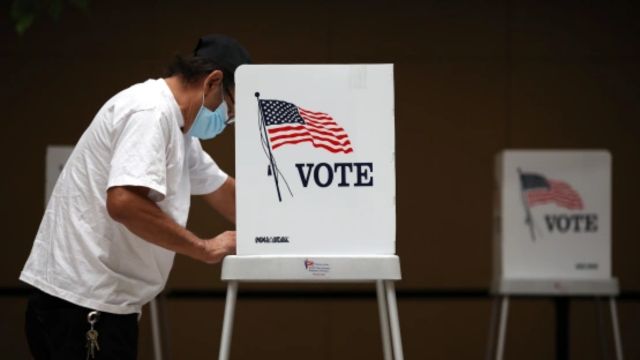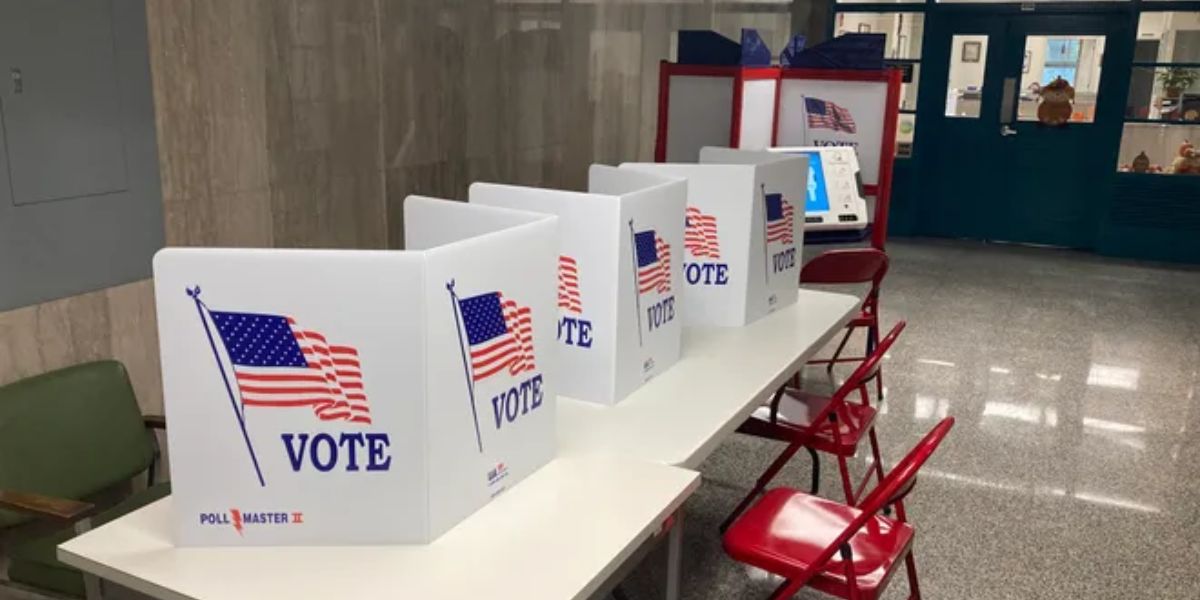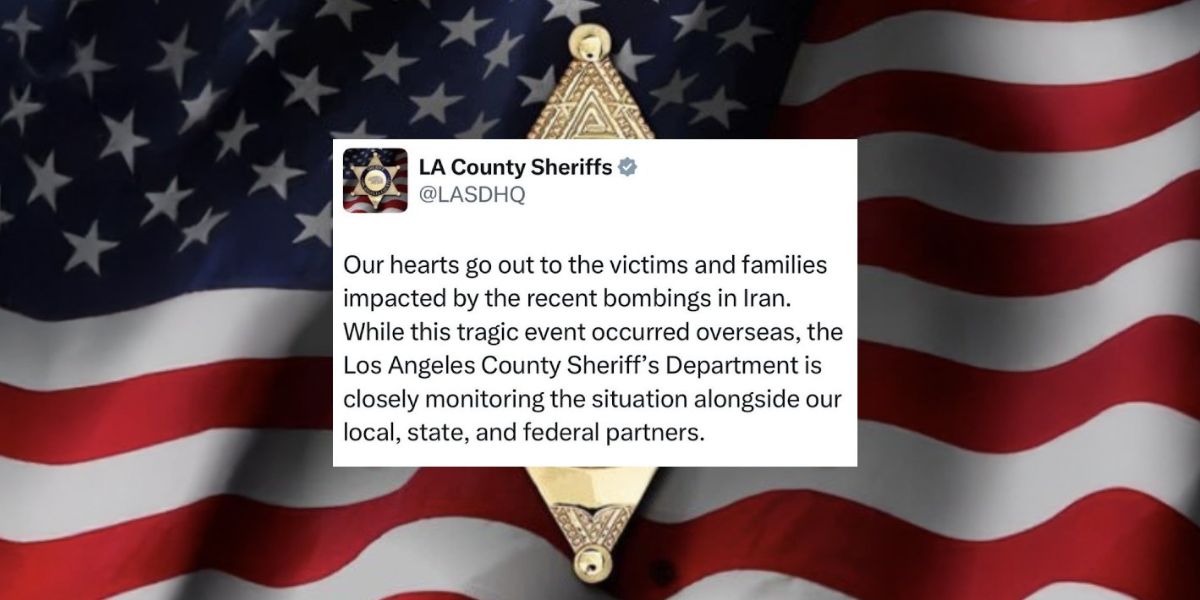The 2025 legislative session saw the passage of many proposals that amend state election rules, including the late registration deadline for Montanans.
Sen. Mike Cuffe, a Republican from Eureka, is the sponsor of Senate Bill 490, which modifies the deadline for voter registration and information revisions.
Long lineups of last-minute voters waiting to register and cast their ballots, often until after midnight on election day, would be eliminated, according to the bill’s supporters.
The measure eliminates the option to register on the Monday prior to an election and restricts same-day registration to four hours on election day.
Voter registration used to be open to anybody in queue by 8 p.m. on election day. Cuffe informed lawmakers that the modification was requested by county election officials around the state.
“It’s hard to do a good job when you’re grinding away on a long day from 8 a.m. until 4 a.m., or whatever hours after four o’clock, because there’s a lot of work to do whenever the polls close,” Cuffe stated to the House State Administration Committee in March.
Limiting voter registration, according to the bill’s opponents, is unconstitutional.
On May 5, Governor Greg Gianforte signed the bill into law.
Currently, Montanans have until 5 p.m. on Saturdays before to election day or from 8 a.m. to noon on election day to register to vote.
Senator Theresa Manzella, a Republican from Hamilton, is the sponsor of Senate Bill 440, which compels the secretary of state to provide lawmakers with an election audit and demands public reports of canvassed election results.
The bill’s opponents claimed it would be impracticable to keep hard copy election records for all 56 Montana counties indefinitely. Manzella promoted the law as a means of purging alleged voter fraud from Montana elections.
The Senate State Administration Committee head, Manzella, pointed to the Butte double-count of over a thousand ballots as an example of how SB 440 could be helpful. Although the bill was approved by the legislature on April 11, Governor Gianforte has not yet signed it.
Similarly, Republican concerns over ballot security are addressed by Senate Bills 115 and 242, both of which are sponsored by Senator Wendy McKamey, R-Great Falls. In order to allow interested parties to see the count, SB 115 requires an extra two days of public notification prior to absentee ballot counts.
SB 242 mandates that ballots be uniform in size and weight and have a security mark throughout the state. The governor has signed both of the laws.

Laws pertaining to ballot initiatives were also modified by the Legislature.
Read Also: NJMVC: 21+ Can Get a Driver’s License Without GDL — Required Documents Inside
In order to qualify an initiative for the ballot, lawmakers drafted two regulations impacting the collection of signatures and one that disqualifies organizations that receive funding from nonprofits with donors located outside of the United States.
Senate Bill 226—sponsored by Senator Cuffe—was passed by the Legislature on April 28. It mandates that signatures on ballot initiative petitions be presented in increments rather than all at once.
Multiple deadlines would make it easier to administer the process, according to county election officials. However, grassroots petition groups informed lawmakers that this would make it harder to qualify for the ballot without hiring paid signature gatherers.
“I understand that people that get to pay for staff have different challenges than people who don’t. And that’s my big concern,” Sen. Janet Ellis, D-Helena, stated in a conference committee.
On May 1, Gianforte signed SB 226 into law.
Separately, when a paid signature gatherer approaches someone to ask them to sign a petition, they must state their name and state of legal residence, according to House Bill 201, which was introduced by Rep. Braxton Mitchell, R-Columbia Falls. It is now mandatory for signature gatherers to wear badges that include their last initial and first name.
The bill’s opponents testified that revealing that information may put signature gatherers in danger of injury.
On May 1, Gianforte signed HB 201 into law.
Read Also: California’s Homeless Crisis Looms Large Over Gavin Newsom’s Legacy
House Bill 818, another election-related bill that was passed by the Legislature this week and was also sponsored by Representative Mitchell, mandates that political action committees working on ballot measures reveal whether funds from nonprofits that accept donations from individuals outside the US are included in the PAC’s contributions.
Although 501(c)(4) nonprofit social welfare organizations are permitted by federal tax law to conceal the identities of their donors, the bill, which the governor has not yet signed into law, requires PACs to self-report such funds.
Some Republican lawmakers are worried about whether the bill would ban foreign mine owners in Montana from influencing ballot proposals related to environmental issues.
Opponents claimed that the proposed rule is so lenient that any foreign interest might take part in Montana elections after the measure was changed to allow for mine owners’ political engagement.



